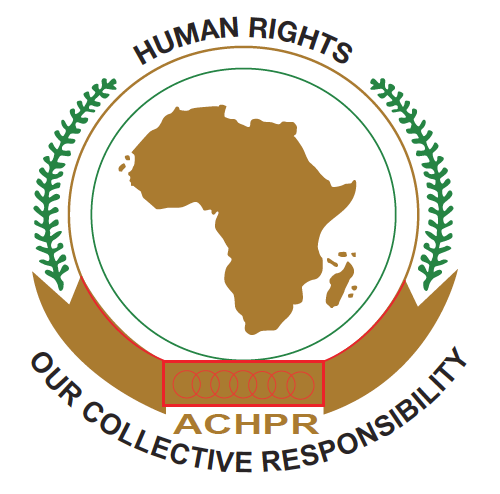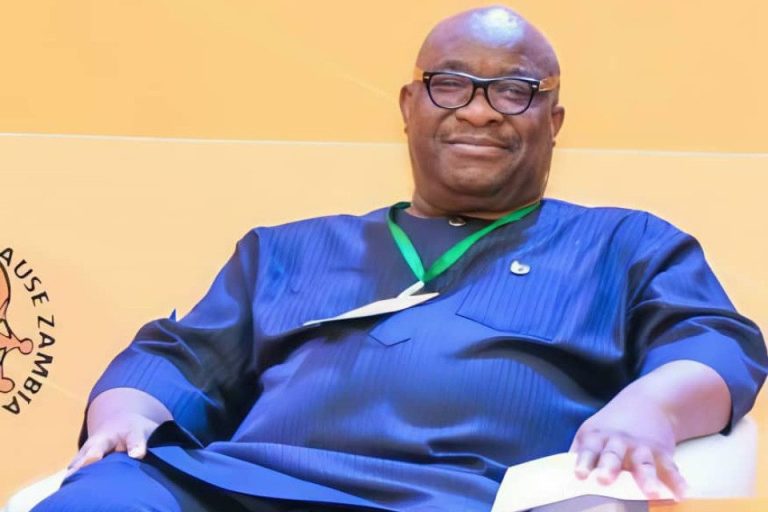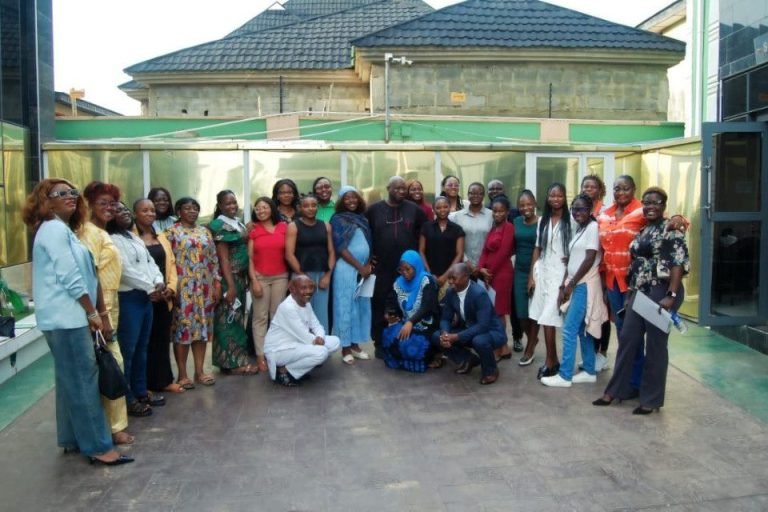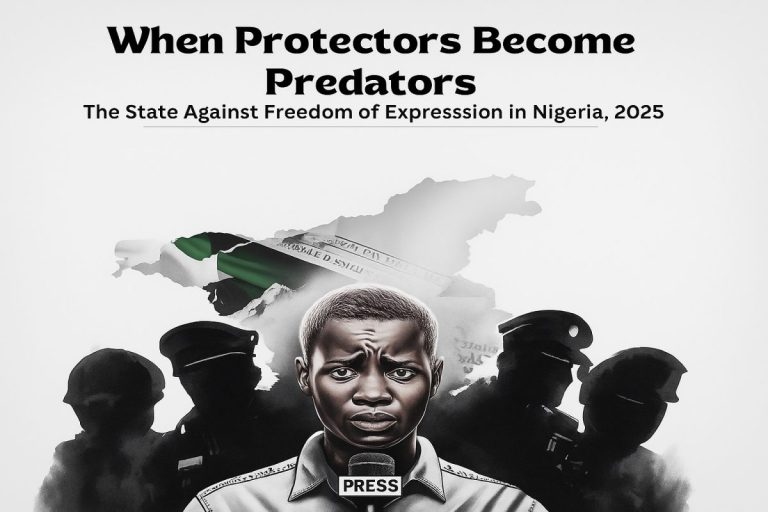The Special Rapporteur on Freedom of Expression and Access to Information in Africa, Commissioner Ourveena Geereesha Topsy-Sonoo, has called on African Governments to protect the rights to freedom of expression and access to information by ensuring access to the Internet and social media services and guaranteeing the safety of journalists.
In her “Inter-section Activity Report”, presented during the 73rd Ordinary Session of the African Commission on Human and Peoples’ Rights (ACHPR), held in Banjul, The Gambia, from October 20 to November 9, 2022, she urged state parties to the African Charter on Human and Peoples’ Rights to guarantee the protection of the right to freedom of expression and access to information through ensuring access to internet and social media services, unless such interference is justifiable and compatible with international human rights law and standards.
Commissioner Topsy-Sonoo also called on States to protect journalists and media practitioners, and take effective legal and other measures to investigate, prosecute and punish perpetrators of attacks against journalists and other media practitioners, while ensuring that victims of such attacks have access to effective remedies.
She advised States to review their legislative frameworks in order to weed out discriminatory laws that exacerbate violence against women so as to provide them better protection.
In addition, Commissioner Topsy-Sonoo asked States to criminalize digital violence against women in national laws but ensure that any law authorizing targeted communication surveillance provides adequate safeguards for the right to privacy, as stipulated in Principle 41(3) of the Declaration of Principles on Freedom of Expression and Access to Information in Africa.
The report, presented in accordance with Rules 25(3) and 64 of the Rules of Procedure (2020) of the Commission, covered activities carried out during the period between May and October 2022 and detailed the activities which she undertook in her capacity as a member of the Commission, as the Vice Chairperson of the Working Group on Extractive Industries, Environment and Human Rights Violations in Africa; as a member of the Working Group on the Death Penalty, Extra-Judicial, Summary or Arbitrary Killings and Enforced Disappearances in Africa; and as the Special Rapporteur on Freedom of Expression and Access to Information in Africa.
In the report, Commissioner Topsy-Sonoo drew attention to various challenges to freedom of expression and access to information in Africa, noting that during the Commission’s 71st Ordinary Session, a number of statements on the human rights situation in Africa highlighted the incidence of internet and social media shutdowns, notably occurring during elections and protests on the continent.
This, she said, runs counter to the Declaration of Principles in which it is noted that ”the exercise of the rights to freedom of expression and access to information using the internet are central to the enjoyment of other rights and essential to bridging the digital divide.”
Commissioner Topsy-Sonoo observed that the statement is further buttressed in Principle 38 of the Declaration, on non-interference, by the Commission’s Resolution 362 on the Right to Freedom of Information and Expression on the Internet in Africa, and in a number of press releases issued by the Commission including the Statement she issued during the commemoration of the 2022 World Press Freedom Day.
According to her, the rise in the attacks on journalists and media practitioners is a persistent concern, noting that as she reported in her intersession report presented during the Commission’s 71st Ordinary Session, and in her current intercession report, “the interventions issued by the special mechanism to the States Parties have all been generated in response to attacks on journalists.”
Furthermore, Commissioner Topsy-Sonoo said, online violence has become a new frontline in journalism safety, often characterized by physical threats, sexual violence, online harassment, intimidation and verbal abuse.
She reiterated that while male journalists are also subject to abuse online, the abuse directed against women journalists tends to be more severe, with reports indicating that women journalists are increasingly and persistently facing gender-based harassment and abuse online.
The Special Rapporteur said “the impact of these online attacks can have a stifling impact on freedom of expression and press freedom, in addition to a direct impact on the safety and security of journalists.”
She recalled that in addition to the Commission’s Resolution 468 on the Safety of Journalists and Media Practitioners in Africa, adopted in 2020, which calls on States Parties to ensure “the safety of journalists and other media professionals and create a conducive environment for them to practice their profession,” the Commission has also adopted Resolution 522 on the Protection of Women Against Digital Violence in Africa, during its 72nd Ordinary Session, in which it called on States Parties to, among other things, “review or adopt legislation that aims at combating all forms of digital violence, and expanding the definition of gender-based violence to include digital violence against women including cyber-harassment, cyberstalking, sexist hate speech amongst other ICT-related violations.”
Commissioner Topsy-Sonoo decried the “exponential rise of surveillance throughout the continent”, citing multiple reports of States deploying surveillance technologies in their jurisdiction, the steady rise in facial recognition tools that track and identify individuals unknown to them, “in addition to the installation of facial recognition-enabled surveillance cameras, that are reportedly being utilized to keep track of, and remotely hack journalists and critics of the State.”
These surveillance technologies, she said, access and process data without the consent of subjects and contravene the right to privacy.
The Special Rapporteur said in responding “to this emerging threat”, she would like to reiterate Principle 41 of the Declaration of Principles on privacy and communication surveillance which provides that “States shall not engage in or condone acts of indiscriminate and untargeted collection, storage, analysis or sharing of a person’s communications,” and further stipulates that “States shall only engage in targeted communication surveillance that is authorized by law, that conforms with international human rights law and standards, and that is premised on specific and reasonable suspicion that a serious crime has been or is being carried out or for any other legitimate aim.”
She also cited Principle 20(2) of the Declaration which provides that “States shall take measures to prevent attacks on journalists and other media practitioners, including … unlawful surveillance undertaken by State and non-State actors.”
Besides her recommendations to State Parties, she called on national human rights institutions (NHRI) and non-governmental organizations (NGOs) to partner with the Commission to popularize its soft law documents related to freedom of expression and access to information, in addition to its Resolutions 468 and 522.
The Special Rapporteur also urged NHRIs and NGOs to continue to collaborate with her by submitting cases or reports to her of violations of the right of freedom of expression and access to information in Africa.






